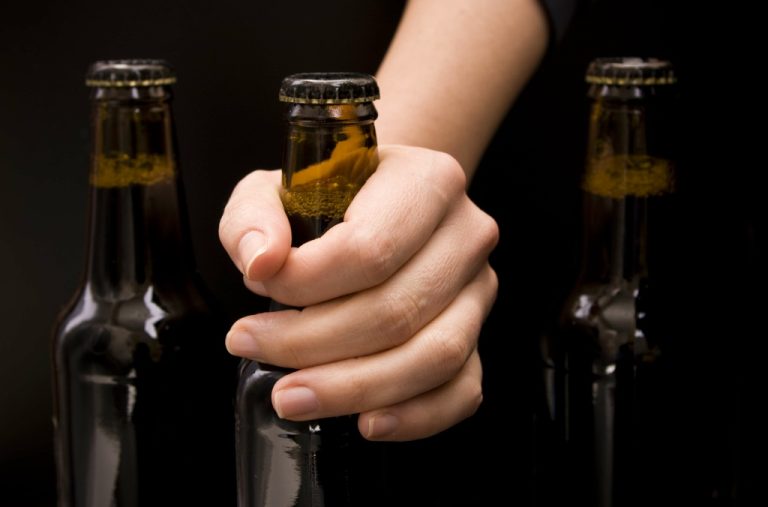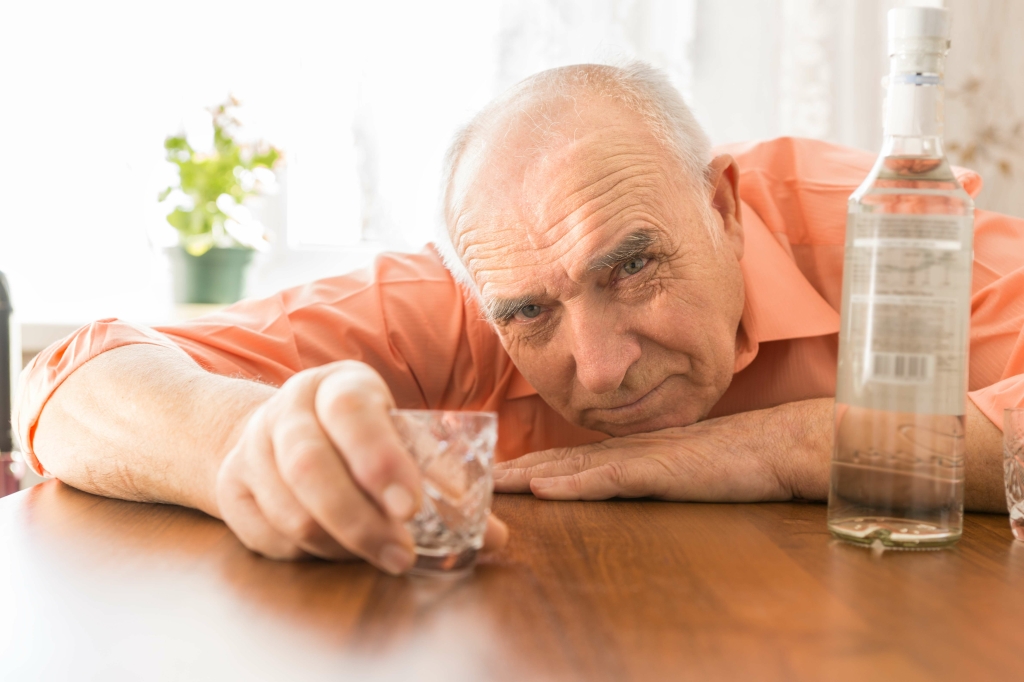Therefore, we conducted this study to examine the effects of alcohol consumption on sleep quality and to provide recommendations for improving sleep quality. Alcohol delays the first episode of REM sleep – and reduces the subsequent amount of REM sleep you get throughout the night. It can also make you wake up more often or lead to lighter sleep in the latter part of the night.
Alcohol and sleep: breaking the cycle
- Circadian rhythms affect how the body responds to alcohol, depending on the timing of alcohol intake.
- Read on to find out how alcohol can affect your sleep, and why—as well as insight into the health benefits of getting enough shut-eye.
- Wine, like all alcohol, might make you sleepy because it’s a depressant with a sedative effect.
Moderate drinking is often defined as one drink per day for women and up to two drinks per day for men (according to some public health guidelines). But “safe” levels can differ widely based on individual health, age, and other factors. Even moderate amounts can still disrupt sleep if consumed too close to bedtime.
How to Fall Asleep Fast: 10 Expert-Recommended Tips

Alcohol is highly effective at suppressing melatonin, a key facilitator of sleep and regulator of sleep-wake cycles. Research indicates that a moderate dose of alcohol up to an hour before bedtime can reduce melatonin production by nearly 20 percent. Alcohol has a direct effect on circadian rhythms, diminishing the ability of the master biological clock to respond to the light cues that keep it does alcohol help you sleep in sync.
Can alcohol cause insomnia in young adults?
- People who wake up tired every morning may be more likely to lean back in to drinking to help them sleep better.
- It suppresses REM sleep, which makes it more likely that you will wake up during the night.
- Taking a break from alcohol can lead to better sleep and other health benefits.
- Even if it doesn’t present as a full-fledged hangover, alcohol-related sleep loss negatively affects mood and performance.
On the contrary, as alcohol passes through the body, it exerts a number of biochemical effects that tend to lead to poorer sleep. Understanding the effects of alcohol on sleep is the first step toward preventing alcohol-related sleep problems. As a general rule, stick to having a drink with a gap of at least 4-5 hours before bedtime – as it takes one hour to metabolize a full glass of alcohol. However, remember that alcohol has a way of manifesting itself on the body’s clock later on and, therefore, it’s always better to avoid it to ensure a good night’s sleep. Research shows that even late afternoon drinking with a delay of 6 hours before bedtime can disrupt sleep. This is further supported by research that indicates that alcohol has a relatively long-lasting change in circadian rhythm and sleep regulations.
Heavy drinking Sober living house can make the sleep- and circadian rhythm-disrupting effects of alcohol worse. But even a regular, moderate routine of two to three drinks a day is enough to create sleep and performance problems for many people. It’s true, sleep may happen more quickly after consuming a drink or two.

Consider natural sleep aids
Studies have shown the body is more effective at processing alcohol at certain times of the day than others. Becky is a Sleep Staff Writer at Tom’s Guide covering all things sleep-related including product reviews, research studies, news and explainers. Becky is a PPA accredited journalist who is keen to explore the intricacies of sleep, its effects on skincare, mental wellbeing and work performance.


